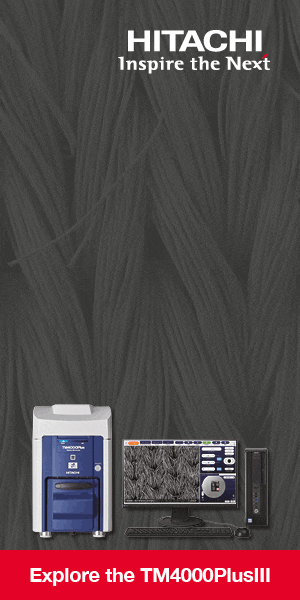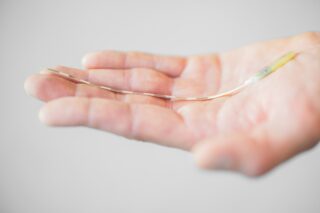One of the winners of this year’s James Dyson Award is the ISOBAR, designed by a 22-year-old British student of Loughborough University. This mobile fridge is an innovative system for safe transport of vaccines, particularly into areas where the surrounding infrastructure can limit how well temperature-controlled medication is delivered.
According to ISOBAR, 70% of vaccines require 2-8°C to maintain potency. Studies conducted by the PATH organization found that 77% of countries did not comply with safe vaccine transportation practice outlined by the World Health Organization. Most people use ice or cold packs, and they generally freeze vaccines to below to what they need, which means that vaccines lose their potency.
The ISOBAR device consists of a backpack that stores the vaccine, the cooling unit and the propane burner. The cooling unit itself uses a chemical technology to provide a long-term charge. One can charge it using either electricity or propane—electricity would be more sustainable and easier to access, while the propane is for emergency use. This unit can stabilize vaccine distribution by allowing people to recharge on the go anywhere in the world. The device maintains a steady two to eight degrees for 30 days.
The ISOBAR is small enough to be carried and it has been designed to make it easy to operate by anyone in practically any environment.










